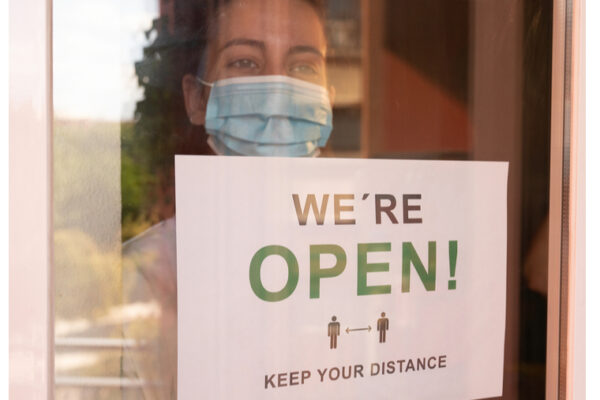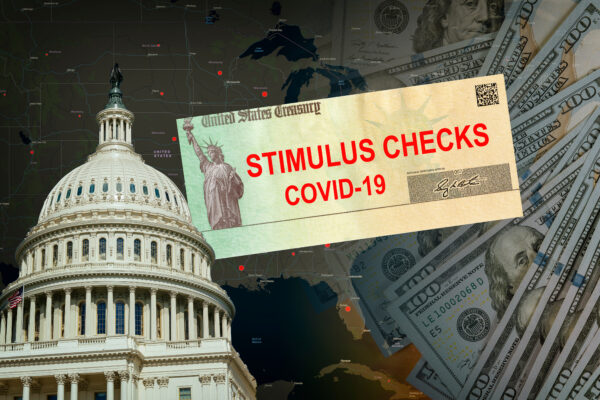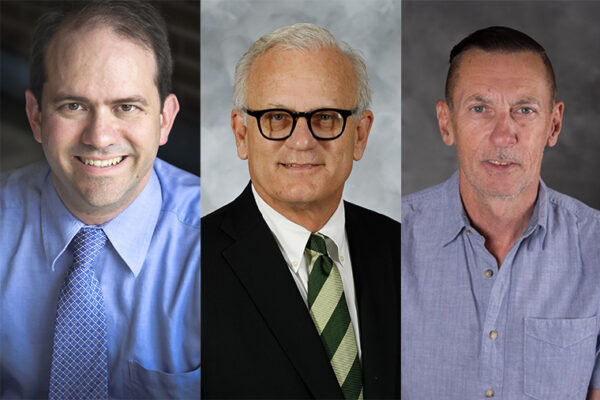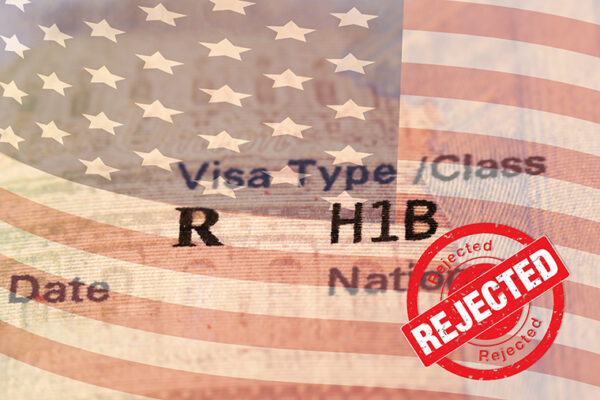Biden energy plan is aggressive, but much can be done
Geophysicist Michael Wysession, professor of earth and planetary sciences in Arts & Sciences at Washington University in St. Louis, teaches a popular undergraduate course called “Energy and the Environment.” He breaks down President-elect Joe Biden’s 9-point Energy Plan, point-by-point.
Modeling can help balance economy, health during pandemic
An interdisciplinary team led by faculty at the McKelvey School of Engineering has developed a model to help navigate the delicate line between maintaining the economy and limiting the spread and mortality rate of COVID-19.
Aid package will only postpone inevitable housing crisis
As part of the new $900 billion federal stimulus package, the moratorium on evictions for renters will be extended by one month, through the end of January. The help could not come soon enough, says an expert on social and economic development at the Brown School. However, without more intentional, long-term solutions and investments, this aid will only postpone an inevitable housing crisis.
We need economic rescue, and we need it now
After months of failed negotiations that have left many Americans, businesses and the economy in the lurch, lawmakers are scrambling to reach a deal on an economic stimulus plan that could top $900 billion. If Congress passes the deal, will it do enough to help struggling Americans and businesses stay afloat? To answer that question, three business and economics experts at Washington University in St. Louis shared their thoughts on the proposed plan, what lawmakers got right, what is missing and what ticking time bombs remain.
Masks don’t just save lives, they also boost economy
The economy and coronavirus pandemic were two of the top issues for voters in the 2020 election, according to exit poll surveys. Notably, 52% of voters said controlling the pandemic was more important, even if it hurts the economy. But what if we didn’t have to choose?
2020 election and the economy
Three experts from the Olin Business School at Washington University in St. Louis weigh in on President Trump’s record, the state of the economy and what to expect from a second Trump term or a Biden administration.
Home inequity: Study finds income, job rut for millions in U.S.
At a time when evictions and mortgage defaults have been likened to an oncoming tsunami across America, a big-data study of loan-to-value ratios in the wake of the 2007-08 recession carries a cautionary forecast for vexing economic weather ahead: The higher a worker’s outstanding mortgage relative to their home value, the worse their future income growth and job mobility.
Nurses over drivers? Elderly over youth? … Who gets vaccinated first?
In this age of coronavirus, with vaccine experimentation moving at historic pace to the clinical trials phase, the ideal inoculation policy would emphasize age more than work-exposure risk, according to a study involving Washington University in St. Louis economists.
Eviction moratoriums are incomplete solution
A federal moratorium on evictions is just one piece of the puzzle. Without comprehensive solutions, we could be facing a repeat of the 2007-08 financial crisis, said Radhakrishnan Gopalan, a finance expert at Washington University in St. Louis who has studied the effect of health insurance on home payment delinquency.
H-1B visa restrictions unlikely to impact unemployment rates
President Donald Trump issued a presidential proclamation this week that will suspend most new H-1B and other visas through the end of the year — a move the administration said was to protect jobs for unemployed Americans affected by COVID-19. The industries most reliant on visas to fill open positions, however, have relatively low unemployment rates, according to an Olin Business School expert at Washington University in St. Louis.
Older Stories









